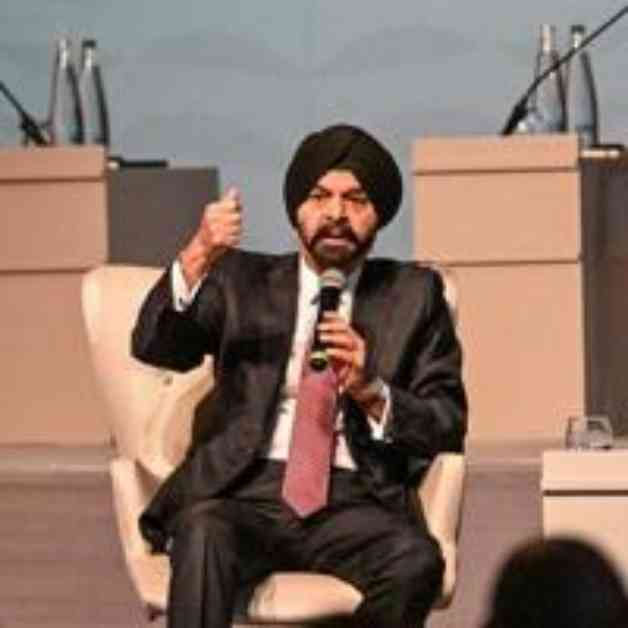The World Bank recently made adjustments to its lending practices in order to unlock an additional $30 billion in financing for middle-income developing countries. This move, approved on October 15, is part of the organization’s efforts to make its balance sheet more efficient and to secure additional funding from member countries and the private sector under the leadership of President Ajay Banga.
One of the key reforms approved by the World Bank is the reduction of the IBRD’s minimum equity-to-loans ratio from 19 percent to 18 percent. This change is expected to generate the additional $30 billion in financing that will be made available to countries in need. By lowering this ratio, the World Bank will be able to increase its lending capacity and provide more affordable loans to developing economies.
In addition to adjusting the equity-to-loans ratio, the World Bank also announced that it will be removing certain fees and reducing the cost of some loans. This will make it easier for countries to access funding and repay their loans in a more cost-effective manner. President Banga emphasized that these financial measures are aimed at driving meaningful change in the lives of people and that the World Bank will continue to seek ways to optimize its balance sheet responsibly.
It is important to note that these changes will not impact the IBRD’s triple A rating, ensuring that the organization maintains its strong financial standing. Overall, the World Bank’s decision to adjust its lending practices is a positive step towards providing increased support to middle-income developing countries and promoting economic development on a global scale.
